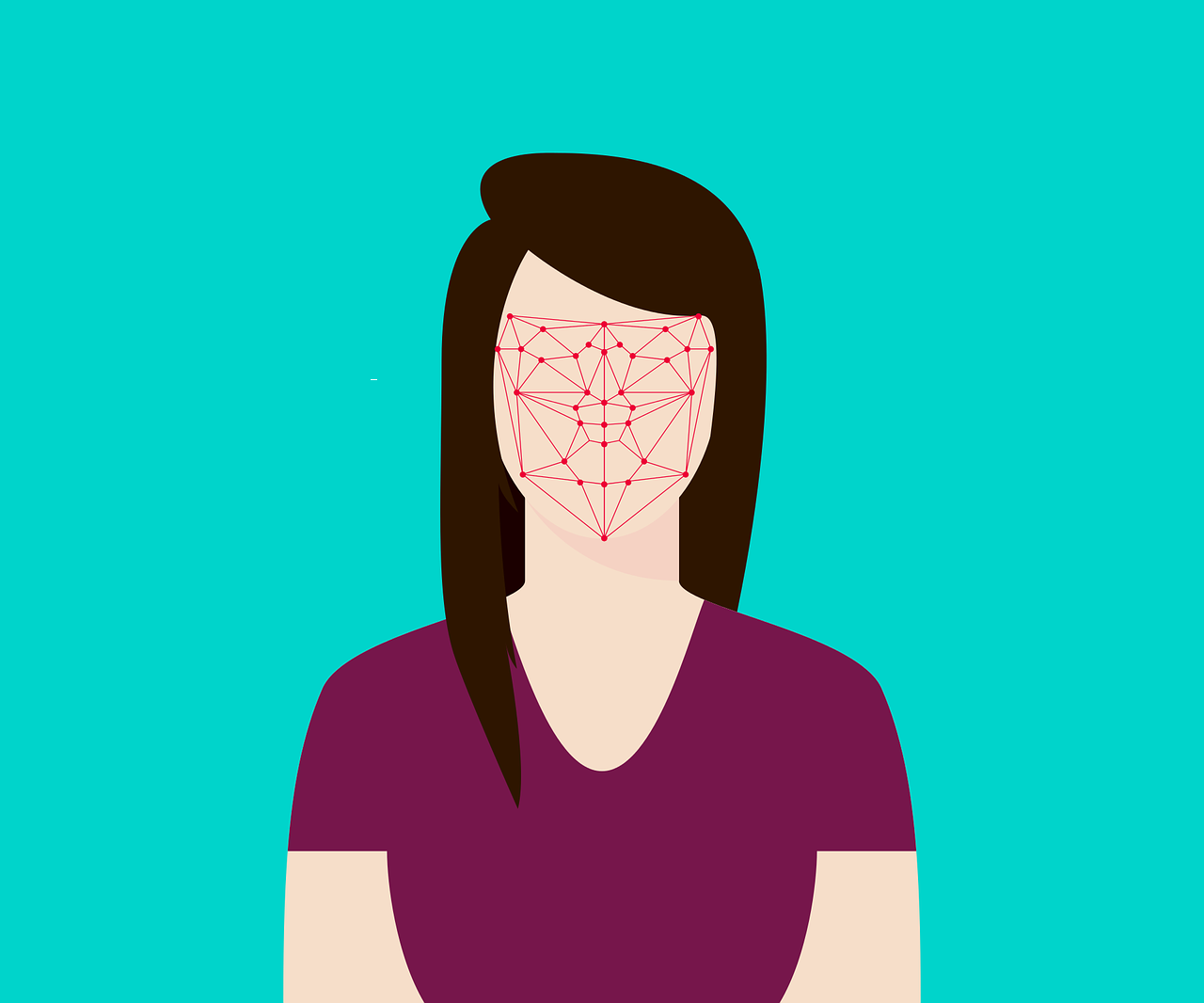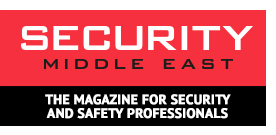
13 Oct In my view: Facing up to the future for facial recognition
New mask mandates in the region have increased the need for new facial recognition solutions, writes Aluisio Figueiredo
CEO ISS (Intelligent Security Systems)
The expansion of facial recognition into the mainstream of commercial, corporate and government access control strategies has been ongoing for several years. Because it is a proven means of identifying and authenticating individuals, facial recognition has become an invaluable tool for law enforcement, access control, and workforce management. Conversely, facial recognition has also been viewed with suspicion by personal privacy advocates fearful that the technology will be used for “big brother”-like tactics – despite its widespread use in everyday personal electronics such as smart phones, tablets, and laptops.
With new safety and security compliance mandates springing up in almost every municipality and organisation around the world, facial recognition has clearly been identified as a viable – and valuable – solution to help combat the spread of COVID-19. One specific reason is the growing mandate for populations to wear protective face masks to support public health initiatives and new compliance mandates. While providing health and safety benefits, masks also present security issues by shielding individuals’ identities, resulting in new challenges for security staff, health administration, and municipalities.
The World Health Organization (WHO) has stated that Eastern Mediterranean countries’ infection numbers have climbed to over two million cases as of August 16. More than half of the region’s cases over the past several weeks were from six countries: Pakistan, Iran, Saudi Arabia, Turkey, Iraq, and Qatar, with COVID-19 activity on the rise in several more. The WHO believes that easing mask requirements may increase infection rates and urges countries to do evidence-based risk assessments before scaling back their measures. As a result, almost all countries have measures in place regarding the general public’s use of masks.
“More than half of the region’s cases over the past several weeks were from six countries: Pakistan, Iran, Saudi Arabia, Turkey, Iraq, and Qatar, with COVID-19 activity on the rise in several more”
These new mask mandates and the related identification challenge have increased the need for new facial recognition solutions. A just-released study from the National Institute of Standards and Technology (NIST) highlighted the difficulty face recognition algorithms have in identifying people wearing masks. The study, which was conducted in late July of this year, points out that even the best of the 89 commercial facial recognition algorithms tested had error rates between 5% and 50% in matching digitally applied face masks with photos of the same person without a mask. These results, published as a NIST Interagency Report (NISTIR 8311), are the first in a planned series from NIST’s Face Recognition Vendor Test (FRVT) programs on the performance of face recognition algorithms on faces partially covered by protective masks.
Mei Ngan, a NIST computer scientist and an author of the report, says that “with the arrival of the pandemic, we need to understand how face recognition technology deals with masked faces.” She adds that NIST has begun by focusing on how an algorithm developed before the pandemic might be affected by subjects wearing face masks, adding that later this summer, NIST plans to test the accuracy of algorithms that were intentionally developed with masked faces in mind.
Masking Up and its implications
Ironically, as companies reopen around the globe, they are finding there is another issue with those mandated to wear masks. They aren’t.
Many organisations are encountering issues with people who either refuse to wear required masks or simply forget them. Either way, this presents a critical breach in new safety and security policies for security and law enforcement professionals, as well as for human resource directors. This situation is driving the demand for new integrated technologies that combine advanced video analytics, touchless access control, and other devices such as thermal sensors to provide a more a holistic approach to help inhibit further transmission of COVID-19.
Leading edge technology innovators including Intelligent Security Systems (ISS) have been working to solve the “no-mask” dilemma and other issues related to the spread of COVID-19. ISS recently announced the release of its new SecurOS Face Mask Detection (FMD) solution which is designed to help organisations safely and quickly restore, maintain, and further protect operations. SecurOS FMD automatically detects individuals who attempt to enter a facility without wearing a face mask where required, and registers an immediate alert to administrators.
Employing advanced AI technology, ISS’ SecurOS FMD solution can analyse the video stream from virtually any off-the-shelf IP camera without the need for any special GPU cards. In addition to simplifying implementation, SecurOS FMD provides savings by leveraging the user’s investment in existing video systems. The use cases for ISS SecurOS FMD cover a broad base of verticals, from corporate settings to airports and healthcare facilities, where it is already being used to detect the presence or absence of mandatory face masks while providing alerts based on the user’s established Standard Operating Procedures.
With the ability to custom configure the alert capabilities of SecurOS FMD, administrators can unobtrusively monitor all workers and guests to a facility as they enter. Alerts would be provided that allow coaching for those violating policies. Reports can also be generated to document compliance with government or organizational procedures and mandates. This same technology can be applied to any area under video surveillance including public spaces, transportation hubs, campus grounds and more.
ISS will continue to develop new and innovative intelligent analytics to identify and authenticate individuals with or without face masks to help users maintain the highest levels of health safety and compliance. We are also employing our advanced AI resources to provide new ways to maintain social distancing and enforce hand sanitization practices utilizing touchless facial recognition and advanced video analytics. With these new autonomous identification and detection capabilities, ISS’ advanced AI-driven SecurOS analytics are helping municipalities and organizations normalise operations as best possible during these challenging times with the highest levels of health safely, physical security, and personal privacy.

